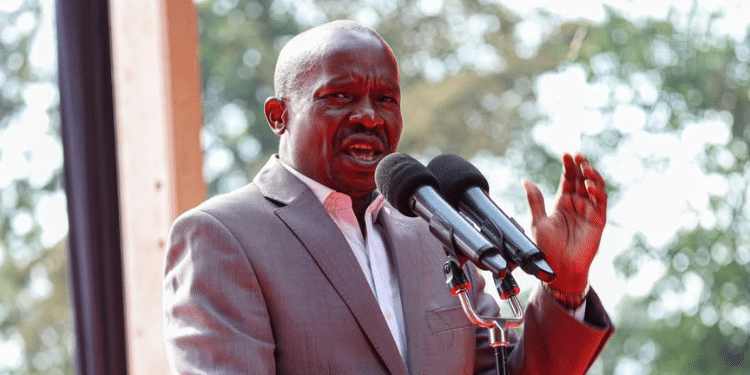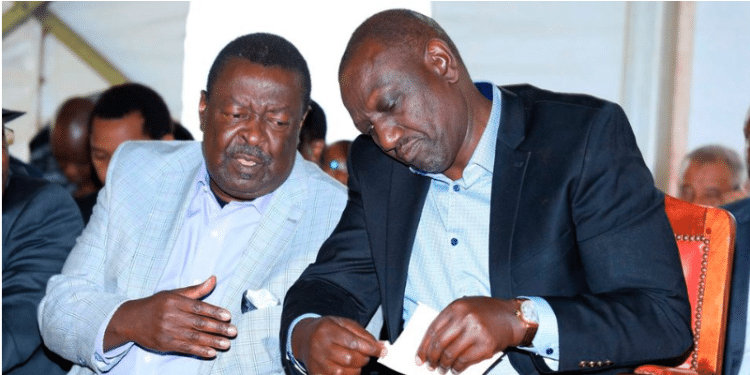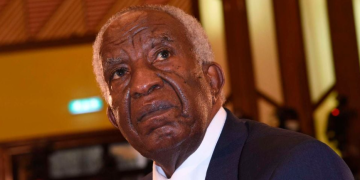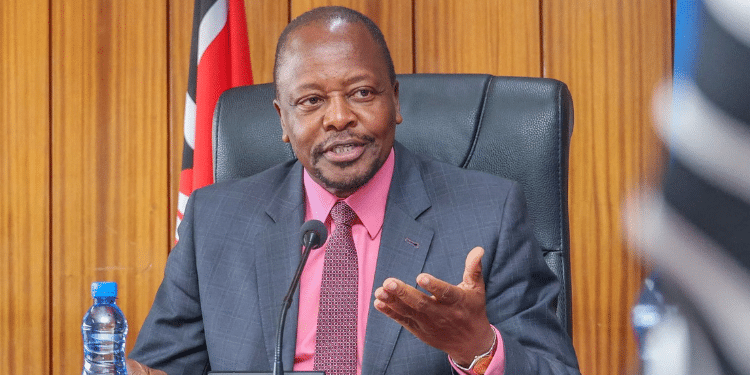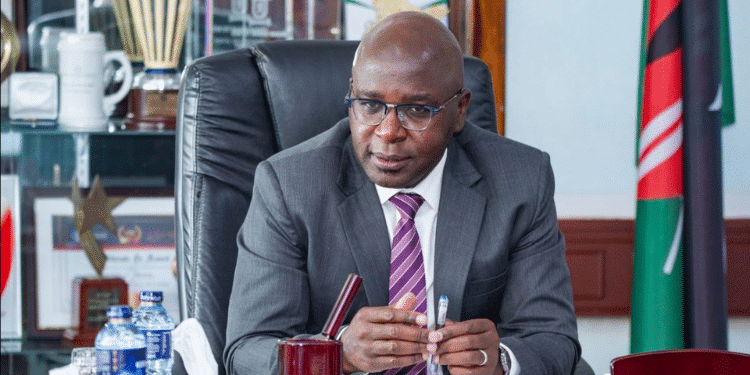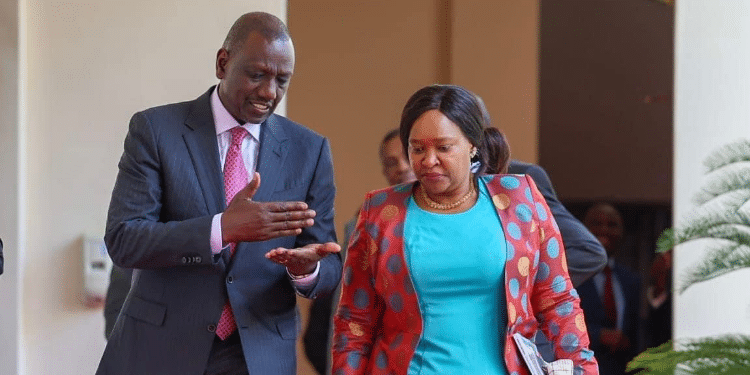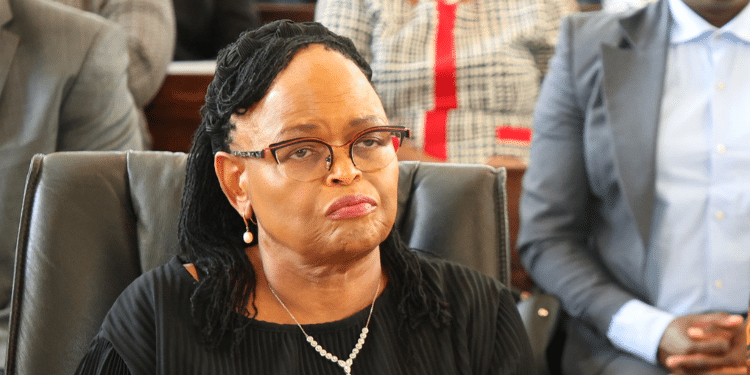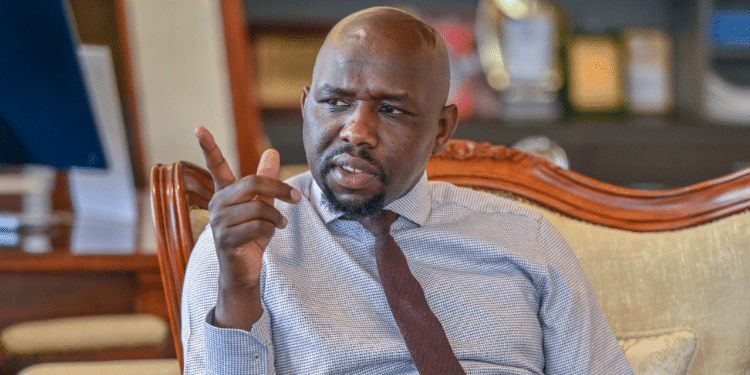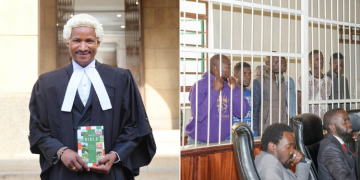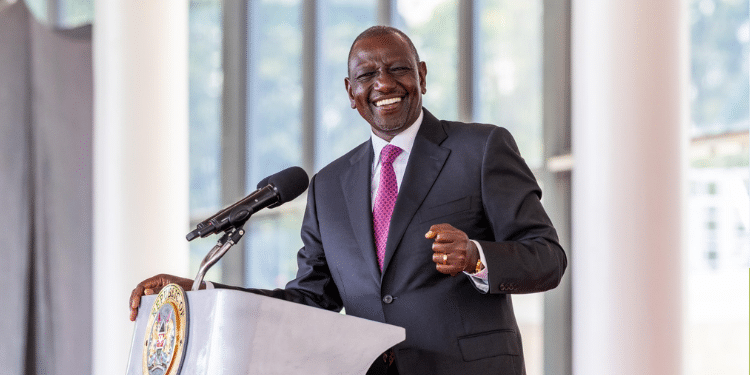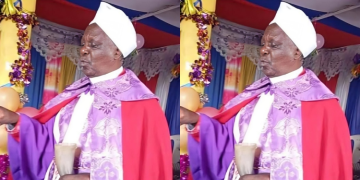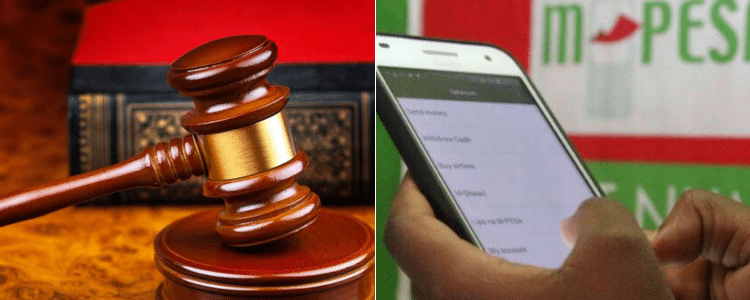A ruling by the Court of Appeal upheld an earlier decision by the High Court of Kenya which ordered Kingdom Bank Limited to pay Ksh50,600 to a lady who had sent cash to a wrong M-PESA Till number.
The presiding judge of the Milimani High Court Commercial and Tax Division Justice Mabeya on March 15,2024, ruled in favor of Alice Wanja Wanjohi who was the respondent in the Appeal case.
“In its judgment, the trial court held that money paid by a mistake is repayable. That being the case, the bank was under a duty to demonstrate that it took the necessary steps in recalling the money.
However, all that the bank did was to file statements to show how the transaction was undertaken or how the money was withdrawn. There was nothing to show that the bank called for the money,” read part of the ruling.
Kingdom Bank Limited had appealed an earlier ruling delivered by Adjudicator DS Aswani of the Smalls Claims Court on August 3, 2023, who ordered the lender to pay Wanja the money she had wrongfully sent to its M-PESA till number.
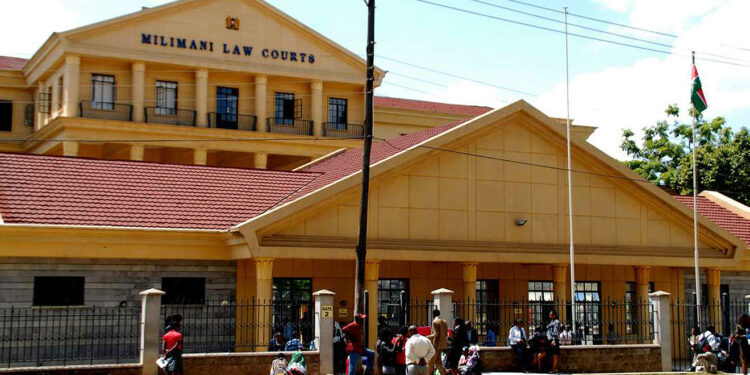
Lady sends money to Kingdom Bank
According to the court papers seen by The Kenya Times, Wanja erroneously sent a total some Ksh50,600 to the Kingdom-linked MPESA till.
She reached out to Safaricom upon realizing the mistake informing them of the erroneous transaction but was instead instructed to reach out to the Bank for assistance.
“On 16/8/2022, a day after the transaction, Safaricom informed the respondent that the reversal request had been transferred to the appellant for resolution,” read the court papers.
Also Read: KCB Warns Shareholders & Investors in 4 Countries After National Bank Sale
On reaching out to the Bank, Wanja was informed the money had already been withdrawn by the receiving customer and could not be recovered.
The Bank produced a bank statement showing that its customer withdrew the funds on the same day the amount landed in the account.
Dejected, Wanja went on to sue the Kingdom Bank at the Milimani Small Claims Court, arguing that the lender acted in breach of care.
She pointed out that the Bank failed to stop a fraudulent transaction and in turn shielded its customer.
In its defense, the bank argued that it could not be held liable for actions that occurred without its knowledge and that the matter was both Wanja & Safaricom’s mistake.
Kingdom Bank argued that by the time it received the reversal request, there was no money held by the bank on behalf of its customer who had already withdrawn.
However, Adjudicator Aswani, delivered judgement in favor of Wanja, finding the bank liable and ordering it to pay her the money.
Bank appeal
Aggrieved by that decision, the lender appealed before the High Court via a Memorandum of Appeal dated 21/8/2023.
Also Read: Museveni Launches First Interest Free Bank to Fight Poverty
However, Justice Mabeya in the appeal ruling highlighted that the bank had a duty to ensure that it did not aid a fraud case.
Also, he pointed out that it was not enough to state that the customer’s account had insufficient funds.
“While I admit that the bank has a duty to protect its customer’s interests, in this case, the customer fraudulently withdrew money that did not belong to them. The bank had a duty to ensure that it did not aid a fraud and it is not enough to state that the account did not have sufficient funds,” the ruling reads.
The judge noted that he found no error on the part of the decision of the adjudicator appealed against and upheld it.
Following the decision, the Court has placed a duty on lenders to ensure that they do not aid such scenarios.
If unchallenged, the ruling could set a precedence for similar cases in the future with the court now placing a duty on the banks to ensure that they do not aid their customers who withdraw money erroneously sent to them.




![Debate Rages Over Proposed Increase In Legal Drinking Age [Video] Nacada Raises Legal Drinking Age From 18 To 21]( https://thekenyatimescdn-ese7d3e7ghdnbfa9.z01.azurefd.net/prodimages/uploads/2025/07/beer-360x180.jpg)


